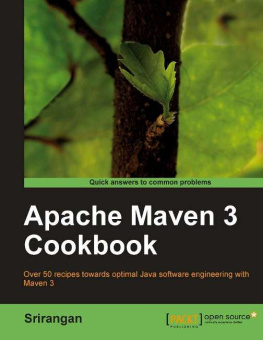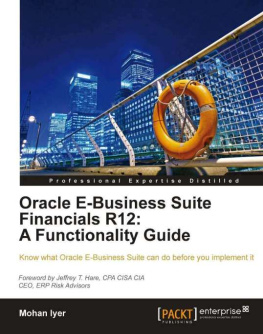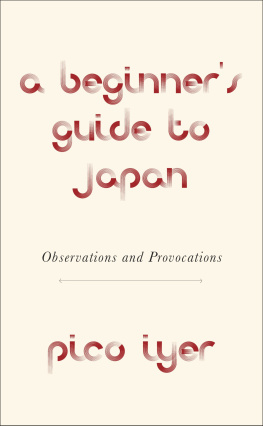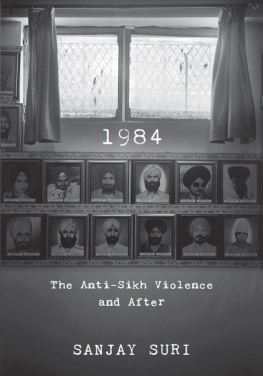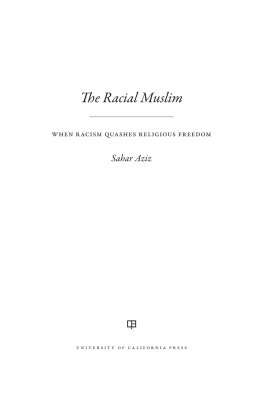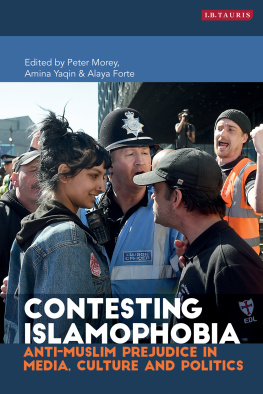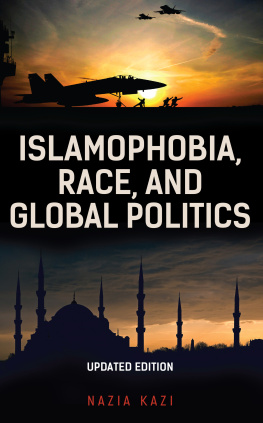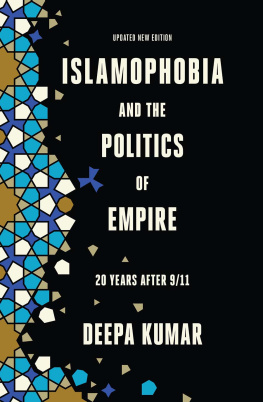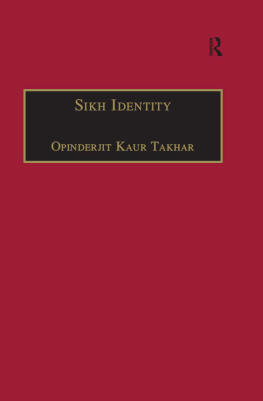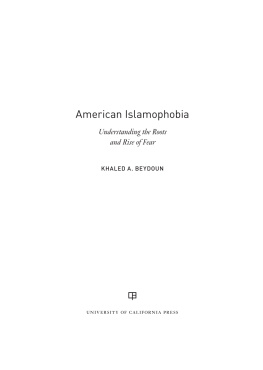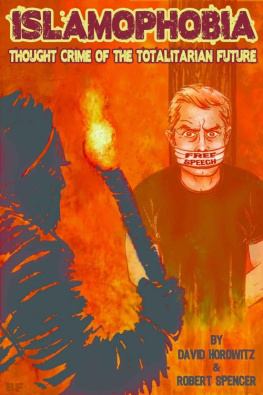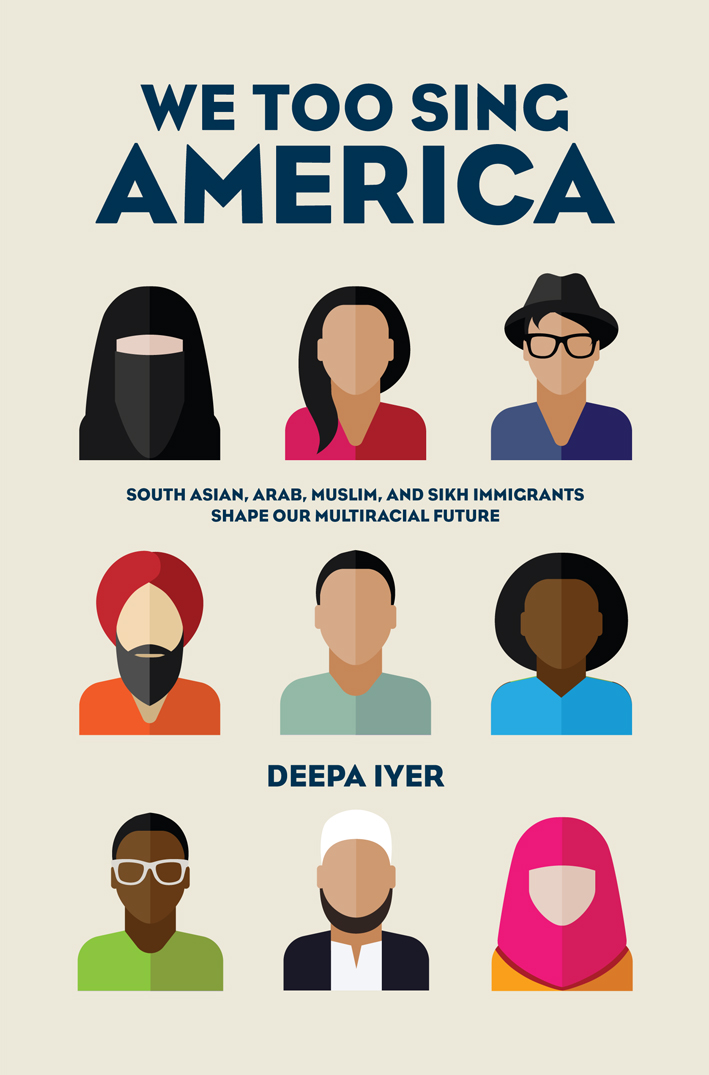Iyer - We too sing America : South Asian, Arab, Muslim, and Sikh immigrants shape our multiracial future
Here you can read online Iyer - We too sing America : South Asian, Arab, Muslim, and Sikh immigrants shape our multiracial future full text of the book (entire story) in english for free. Download pdf and epub, get meaning, cover and reviews about this ebook. City: Array, year: 2015, publisher: The New Press, genre: Politics. Description of the work, (preface) as well as reviews are available. Best literature library LitArk.com created for fans of good reading and offers a wide selection of genres:
Romance novel
Science fiction
Adventure
Detective
Science
History
Home and family
Prose
Art
Politics
Computer
Non-fiction
Religion
Business
Children
Humor
Choose a favorite category and find really read worthwhile books. Enjoy immersion in the world of imagination, feel the emotions of the characters or learn something new for yourself, make an fascinating discovery.

- Book:We too sing America : South Asian, Arab, Muslim, and Sikh immigrants shape our multiracial future
- Author:
- Publisher:The New Press
- Genre:
- Year:2015
- City:Array
- Rating:3 / 5
- Favourites:Add to favourites
- Your mark:
We too sing America : South Asian, Arab, Muslim, and Sikh immigrants shape our multiracial future: summary, description and annotation
We offer to read an annotation, description, summary or preface (depends on what the author of the book "We too sing America : South Asian, Arab, Muslim, and Sikh immigrants shape our multiracial future" wrote himself). If you haven't found the necessary information about the book — write in the comments, we will try to find it.
Since 9/11, we continue to incomplete and sanitized histories hat neglect the experiences of South Asian, Arab, Muslim, and Sikh immigrant communities in the United States. Activist Deepa Iyer catalogs recent racial flashpoints, from the 2012 massacre at the Sikh gurdwara in Oak Creek, Wisconsin, to the relentless opposition to the Islamic Center of Murfreesboro, Tennessee, and to the Park 51 Community Center in Lower Manhattan. Iyer places the hate violence, Islamophobia, and xenophobia in a broader context -- that of an American racial landscape undergoing a rapid and radical demographic transformation. Iyer shows how South Asian, Arab, Muslim, and Sikh immigrant communities engage in ... undocumented youth, Black Lives Matter, and Black-Brown coalitions that can inspire new directions for racial justice in the United States. -- Read more...
Abstract: Many of us can recall the targeting of South Asian, Arab, Muslim, and Sikh people in the wake of 9/11. We may be less aware, however, of the ongoing racism directed against these groups in the past decade and a half. In We Too Sing America, nationally renowned activist Deepa Iyer catalogs recent racial flashpoints, from the 2012 massacre at the Sikh gurdwara in Oak Creek, Wisconsin, to the violent opposition to the Islamic Center of Murfreesboro, Tennessee, and to the Park 51 Community Center in Lower Manhattan. Iyer asks whether hate crimes should be considered domestic terrorism and explores the role of the state in perpetuating racism through detentions, national registration programs, police profiling, and constant surveillance. She looks at topics including Islamophobia in the Bible Belt; the Bermuda Triangle of anti-immigrant, anti-Muslim hysteria; and the energy of new reform movements, including those of undocumented and unafraid youth and Black Lives Matter. In a book that reframes the discussion of race in America, a brilliant young activist provides ideas from the front lines of post-9/11 America.--
Since 9/11, we continue to incomplete and sanitized histories hat neglect the experiences of South Asian, Arab, Muslim, and Sikh immigrant communities in the United States. Activist Deepa Iyer catalogs recent racial flashpoints, from the 2012 massacre at the Sikh gurdwara in Oak Creek, Wisconsin, to the relentless opposition to the Islamic Center of Murfreesboro, Tennessee, and to the Park 51 Community Center in Lower Manhattan. Iyer places the hate violence, Islamophobia, and xenophobia in a broader context -- that of an American racial landscape undergoing a rapid and radical demographic transformation. Iyer shows how South Asian, Arab, Muslim, and Sikh immigrant communities engage in ... undocumented youth, Black Lives Matter, and Black-Brown coalitions that can inspire new directions for racial justice in the United States.
Iyer: author's other books
Who wrote We too sing America : South Asian, Arab, Muslim, and Sikh immigrants shape our multiracial future? Find out the surname, the name of the author of the book and a list of all author's works by series.

